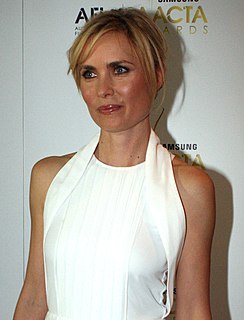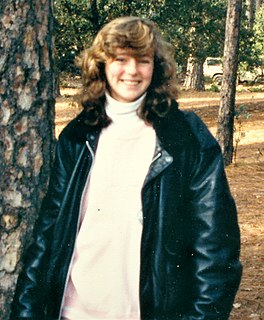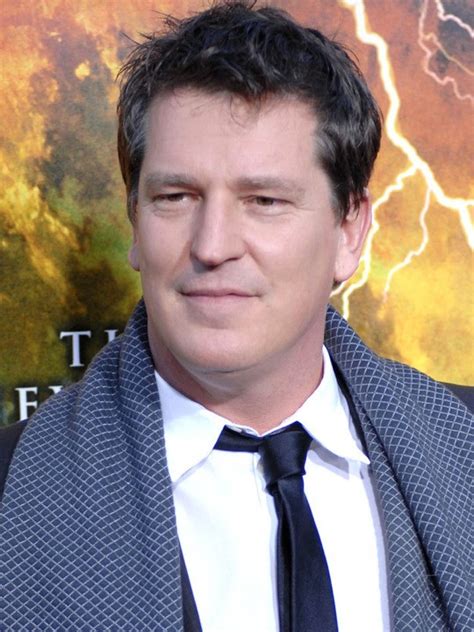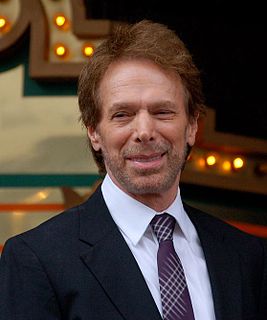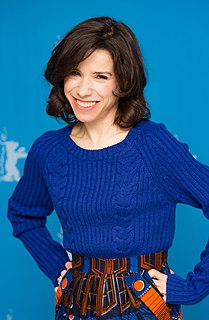A Quote by Radha Mitchell
As much as most of the actors were kind of curious to know what their character meant in relation to the script and to the plot, they really were quite happy to be part of the adventure of not knowing.
Related Quotes
Barry Crump wrote a lot of books and they were really special. They were kind of the quintessential, mild for the most part, kind of southern man, kind of the true heart of what it meant to be a Kiwi kind of farmer; very kind of outdoor man living off the land. That kind of thing, you don't see so much anymore these days with everyone being metrosexual and lattes and laptops.
In his or her own way, everyone I saw before me looked happy. Whether they were really happy or just looked it, I couldn't tell. But they did look happy on this pleasant early afternoon in late September, and because of that I felt a kind of loneliness new to me, as if I were the only one here who was not truly part of the scene.
This is what I would say to my pupil: 'You have become only your fame and left behind most of who you were. How are you going to deal with that? Will you lose that person forever? Have you become someone else without really knowing it? Do you always have to stay in character for people to like you? Do you know that you are in character?'.
I think that's always been part of the thinking behind the script, that - and I really tried really hard to impress that upon the staff of the show, the animation staff - to try to get them to understand that we would only be able to get away with what we were writing if the visuals were appealing enough that it was like a balance, and even people who didn't like what they were hearing would still not want to turn away because what they were seeing was so nice. So that was kind of my hunch, and I think it worked.
Simon's walls were covered in what looked like pages ripped from a comic book, but when I squinted, I realized they were hand drawn. Some were black-and-white, but most were in full color, everything from character sketches to splash panels to full pages, done in a style that wasn't quite manga, wasn't quite comic book.
